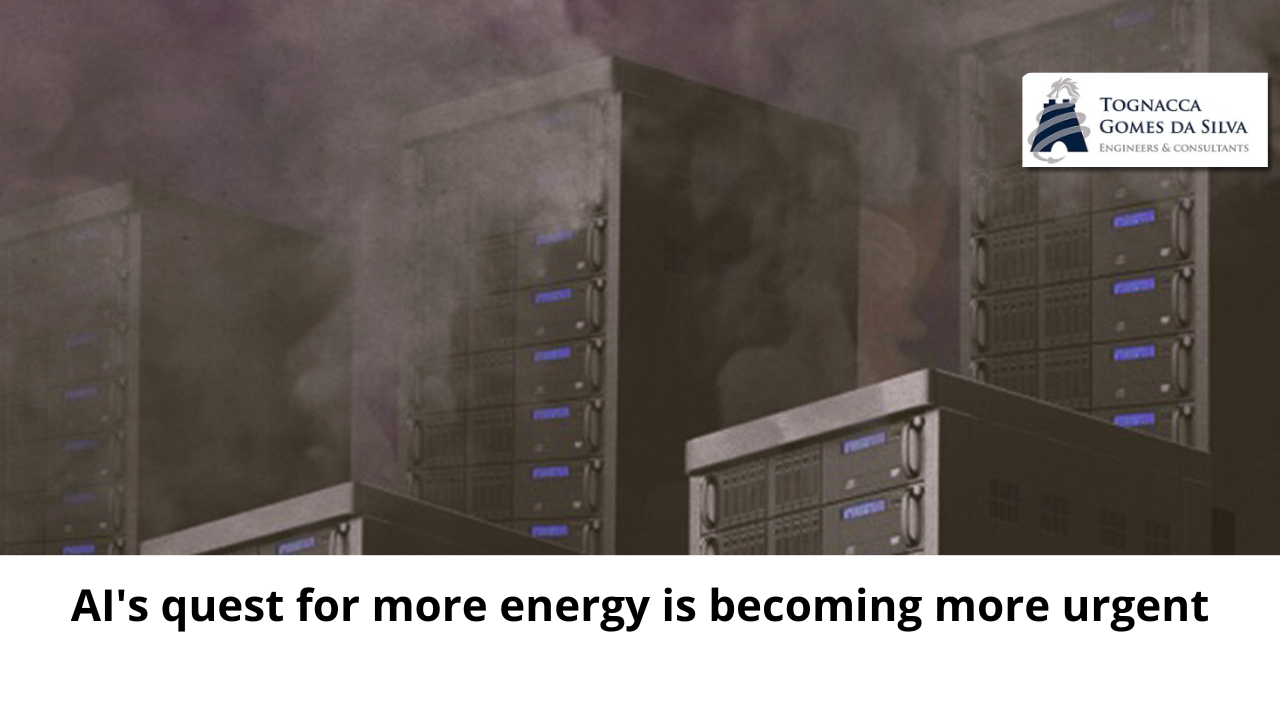If you walked past one of the 2,990 data centers in the United States, you’d probably just think, “Oh, it looks like a boring building.” Maybe he wouldn’t even notice it. Yet these facilities underpin our entire digital world and are responsible for tons of greenhouse gas emissions. What’s more, new research shows how much these emissions have skyrocketed during the AI boom.
Since 2018, carbon emissions from U.S. data centers have tripled, according to research led by a team at the T.H. School of Public Health. Chan from Harvard. This puts data centers just below domestic commercial airlines as a source of this pollution.
It also poses a major problem for the world’s leading AI companies, which are being pressured to meet their sustainability goals while facing relentless competition in building larger models that require tons of energy. The trend toward new, increasingly energy-intensive AI models, including video generators like OpenAI’s Sora, will only make these numbers grow further.
A growing coalition of companies is betting on nuclear energy as a way to power artificial intelligence. Meta announced on December 3 that it was seeking nuclear partners, and Microsoft is working to restart the Three Mile Island nuclear plant by 2028. Amazon also signed nuclear deals in October.
However, nuclear power plants take a long time to come into operation. And although public support has increased in recent years and President-elect Donald Trump has signaled support, only a slim majority of Americans say they favor more nuclear plants to generate electricity.
While OpenAI CEO Sam Altman pitched an unprecedented effort to build more data centers to the White House in September, the AI industry is looking far beyond the United States. Southeast Asian countries such as Malaysia, Indonesia, Thailand and Vietnam are trying to attract AI companies, hoping to become the new data center hubs.
Meanwhile, AI companies will continue to use energy from their current sources, which are far from renewable. Because many data centers are located in coal-producing regions like Virginia, the “carbon intensity” of the energy they use is 48% higher than the national average. Researchers found that 95% of data centers in the US are built in places whose electricity sources are more polluting than the national average.
Deeper learning
We saw a demonstration of the new AI system that powers Anduril’s vision for warfare We are experiencing the first wars with drones, but AI is ready to change the future of warfare even more drastically. I saw this up close during a visit to a test site in Southern California operated by Anduril, a maker of AI drones, autonomous submarines and missiles. Anduril has developed a way for militaries to command much of their equipment — from drones to radars to unmanned fighter jets — from a single computer screen.
Why this matters: Anduril, other defense technology companies and a growing number of people at the Pentagon itself are embracing a new worldview: a future “great power” conflict — military jargon for a global war involving multiple countries — It will not be defeated by whoever has the most advanced drones or the most firepower, not even the cheapest. It will be won by whoever can process and share information faster. The Pentagon is betting a lot of energy and money that AI — despite its flaws and risks — will be what puts the US and its allies ahead in this race.
Bits and Bytes
Bluesky has an impostor problem The rise of the platform has brought with it a rise in cryptocurrency scammers, as my colleague Melissa Heikkilä experienced firsthand. (MIT Technology Review)
Tech Elite Makes Big Donations to Trump Ahead of His Inauguration Technology industry leaders, who have been criticized by Donald Trump, have made sizable donations to his inauguration committee. (The Washington Post)
Inside the premiere of the first AI-generated films for commercial streaming The films, according to writer Jason Koebler, showed the characteristic flaws of AI-generated videos: dead eyes, blank expressions, unnatural movements and dependence on voiceovers, as dialogue does not work well. The company behind the films is confident that viewers will embrace them anyway. (404 Media)
Meta asked the California Attorney General to stop OpenAI from becoming profitable Meta now joins Elon Musk in alleging that OpenAI improperly benefited from nonprofit status while developing its technology. (Wall Street Journal)
How Silicon Valley is Disrupting Democracy Two books explore the price we pay for handing unprecedented power over to big tech companies — and explain why it’s imperative we start taking it back. (MIT Technology Review)
( fonte: MIT Technology Review)



